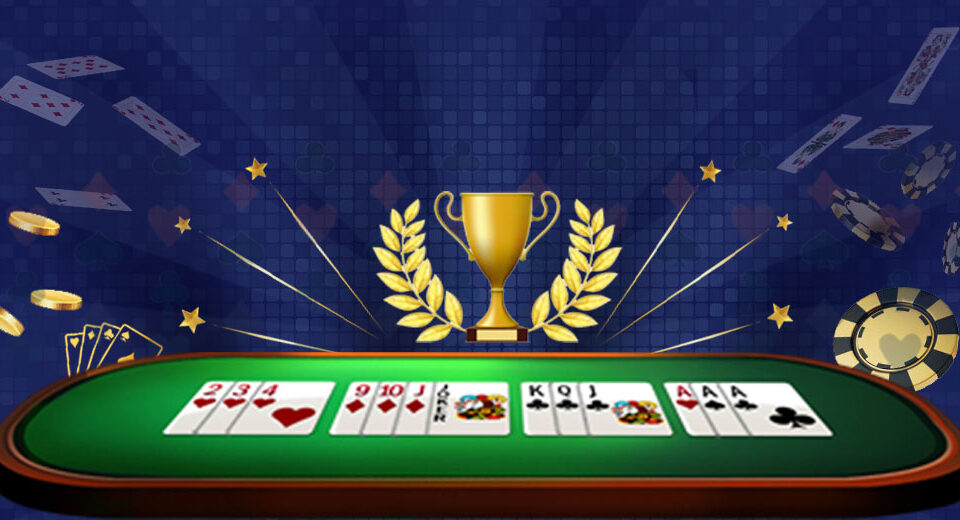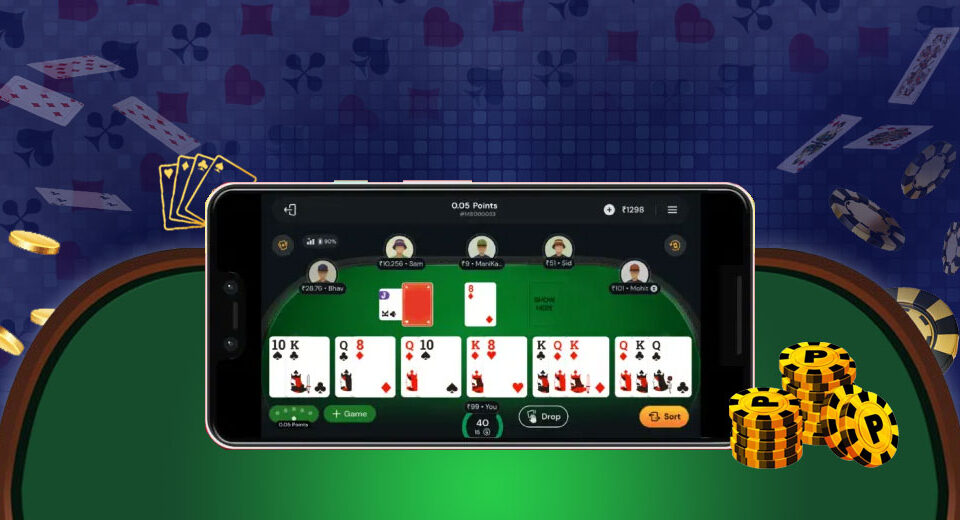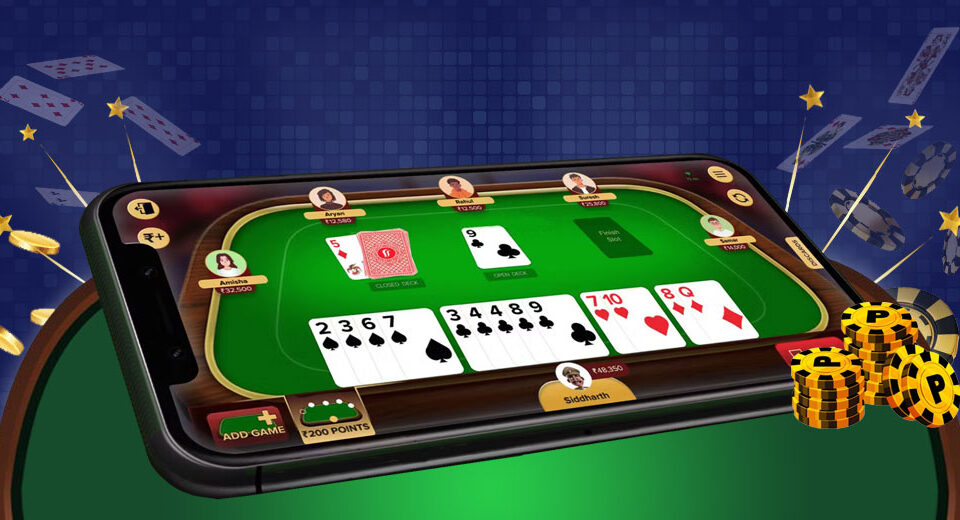How to Improve Decision-Making in Rummy for Better Results
Rummy is a game that relies heavily on thoughtful decisions rather than spontaneous moves. Whether you’re participating in casual tables or intense tournaments, the outcome largely hinges on the quality of your decision-making. One poor call can lead to a significant disadvantage, while a well-timed drop or pick can turn the tide in your favor. To consistently perform well in online rummy games, it is crucial to sharpen your analytical thinking, prediction abilities, and adaptability. This article outlines effective techniques to refine your decision-making for more consistent and rewarding outcomes in every session.
1. Understand the Fundamentals Thoroughly
Every smart decision starts with a strong foundation in the Indian rummy rules. Knowing the valid sets and sequences, how points are counted, and when to make a declaration provides the clarity you need when faced with a challenging hand. Familiarity with variations—such as Points, Deals, or Pool formats—also plays a major role in guiding your decisions throughout the game. When the rules are second nature, your brain can focus more on analysis than on mechanics.
2. Always Analyze the Discards
Paying attention to the discard pile is one of the most effective ways to understand your opponents’ strategies. It helps you avoid giving away useful cards and can even reveal the combinations others are working towards. Skilled Indian rummy card game players can often predict the layout of their opponents’ hands based on consistent observation. This ability gives you an edge when it comes to blocking useful cards or drawing what you need without risk.
3. Use Probabilities to Your Advantage
While you can’t predict exactly what card will come next, you can still apply basic probability. For example, if you’ve already seen three 8♣ cards in the discard and your opponent picks one, it’s logical to avoid chasing a sequence involving that card. Strategic decision-making is often about reducing risks and calculating your chances.
The more information you have, the more confident and accurate your moves will be in the online rummy game. Get a few rummy tips here!
4. Evaluate Your Hand Before Making a Move
Instead of reacting emotionally or moving quickly, take a moment to assess the strength of your hand. Do you have at least one pure sequence? Are there high-value unmatched cards? Should you consider an early drop?
These questions, when asked regularly, guide you to make decisions that lower your point load or increase your chances of completing a valid hand quickly. A disciplined evaluation habit helps prevent rash moves.
5. Adapt Strategy Based on Opponent’s Playstyle
Your decision-making should evolve depending on the type of opponents you’re facing. Aggressive players might go for quick declarations, while cautious ones will bide their time. Learn to read behaviors—frequent picking from the discard pile, sudden drops, or inconsistent patterns can all indicate strategic shifts. When you respond accordingly, your gameplay becomes more dynamic and harder to counter.
6. Keep Calm During High-Pressure Moments
Rummy sessions can be mentally demanding, especially in competitive setups. Emotional control is essential to good decision-making. Frustration, overconfidence, or panic can lead to impulsive calls that jeopardize your game.
Stay composed, take a breath, and remind yourself to rely on logic. Keeping a cool head allows you to make decisions based on facts and analysis instead of emotion.
7. Review Your Gameplay Regularly
One of the best ways to improve decision-making is by learning from past games. Reflect on moves that paid off and those that didn’t. What led you to that discard? Was there a better card to pick?
Many platforms provide game history and stats—use these to analyses your patterns. Over time, you’ll start noticing recurring mistakes and areas for growth.
Conclusion – Smart moves come from sharp minds.
Effective decision-making in rummy is a product of discipline, observation, and ongoing self-improvement. Every move matter, especially in a competitive setting where each hand is a puzzle waiting to be solved. By building a strong understanding of the basics, staying alert to opponent behavior, and consistently reviewing your own gameplay, you develop a strategic mindset that will serve you well across all formats.
The more intentional your decisions, the more control you gain over your outcomes.




